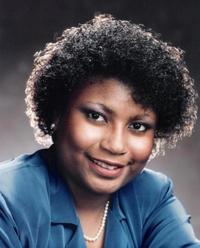
Celeste O. Norfleet (born February 11, 1959) U.S. romance novelist
Celeste O. Norfleet on Goodreads here
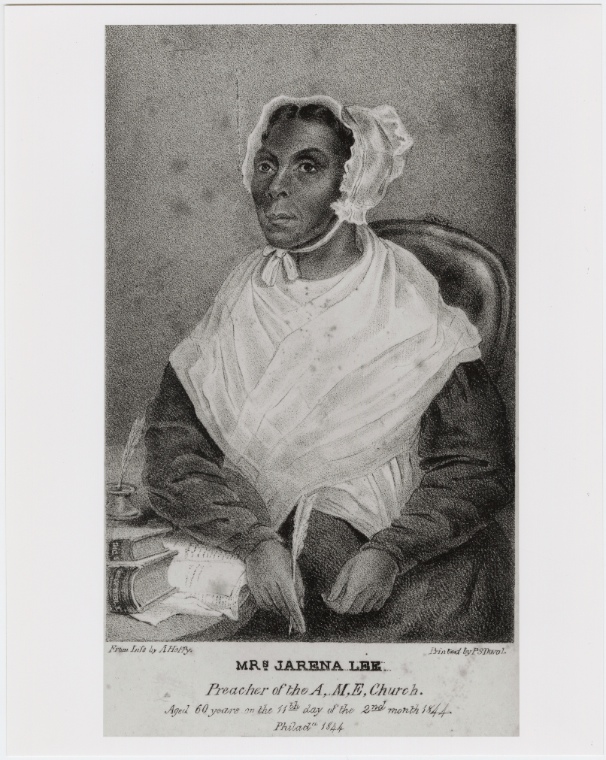
Jarena Lee (born February 11, 1783) – U.S. ordained minister in the African Methodist Episcopal Church (first female preacher); first female, African-American autobiographer – The Life and Religious Experience of Jarena Lee (1836)
Read more about Jarena Lee here and here
Read Jarena Lee's autobiography here
The closing pages of Jarena Lee's autobiography:
But for the satisfaction of such as may follow after me, when I am no more, I have recorded how the Lord called me to his work, and how he has kept me from falling from grace, as I feared I should. In all things he has proved himself a God of truth to me; and in his service I am now as much determined to spend and be spent, as at the very first. My ardour for the progress of his cause abates not await, so far as I am able to judge, though I am now something more than fifty years of age.
As to the nature of uncommon impressions, which the reader cannot but have noticed, and possibly sneered at in the course of these pages, they may be accounted for in this way: It is known that the blind have the sense of hearing in a manner much more acute than those who can see: also their sense of feeling is exceedingly fine, and is found to detect any roughness on the smoothest surface, where those who can see find none. So it may be with such as I am, who has never had more than three months schooling; and wishing to know much of the way and law of God, have therefore watched the more closely, the operations of the Spirit, and have in consequence been led thereby. But let it be remarked that I have never found that Spirit lead me contrary to the scriptures of truth, as I understand them. "For as many as are led by tha Spirit of God are the sons of God." - Rom. viii. 14.
I have now only to say, May the blessing of the Father, and of the Son, and of the Holy Ghost, accompany the reading of this poor effort to speak well of his name, wherever it may be read. AMEN.
P.S. Please to pardon errors, and excuse all imperfections, as I have been deprived of the advantages of education (which I hope all will appreciate) as I am measurably a self-taught person. I hope the contents of this work may be instrumental in leaving a lasting impression upon the minds of the impenitent; may it prove to be encouraging to the justified soul, and a comfort to the sanctified. Though much opposed, it is essential in life, as Mr. Wesley wisely observed. Thus ends the Narrative of Jarena Lee, the first female preacher of the First African Methodist Episopal Church.
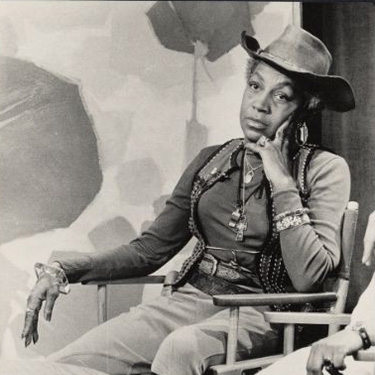
Florynce Kennedy (born February 11, 1916) U.S. attorney, civil rights activist, feminist, autobiographer - Color Me Flo: My Hard Life and Good Times (1976)
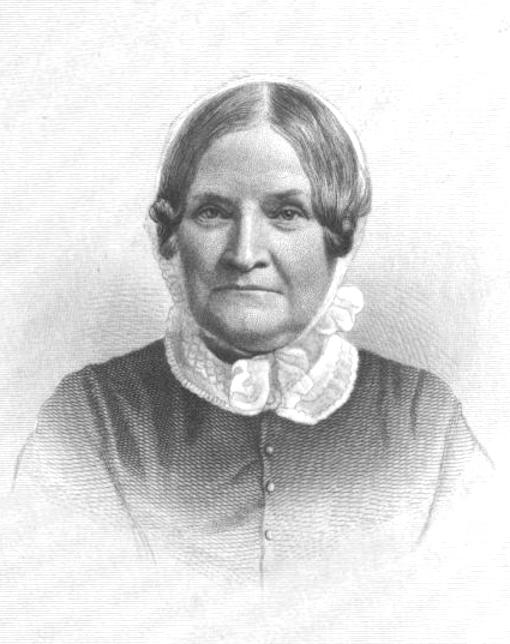
Lydia Maria Child (born February 11, 1802) U.S. political rights activist (for women, slaves, and American Indians); novelist; poet
Read the first three verses of Lydia Maria Child's poem:
Over the River and Through the Wood (1844)
Over the river, and through the wood,
To Grandfather’s house we go;
The horse knows the way to carry the sleigh
through the white and drifted snow.
Over the river, and through the wood—
Oh, how the wind does blow!
It stings the toes and bites the nose
As over the ground we go.
Over the river, and through the wood,
To have a first-rate play.
Hear the bells ring, “Ting-a-ling-ding”,
Hurrah for Thanksgiving Day!
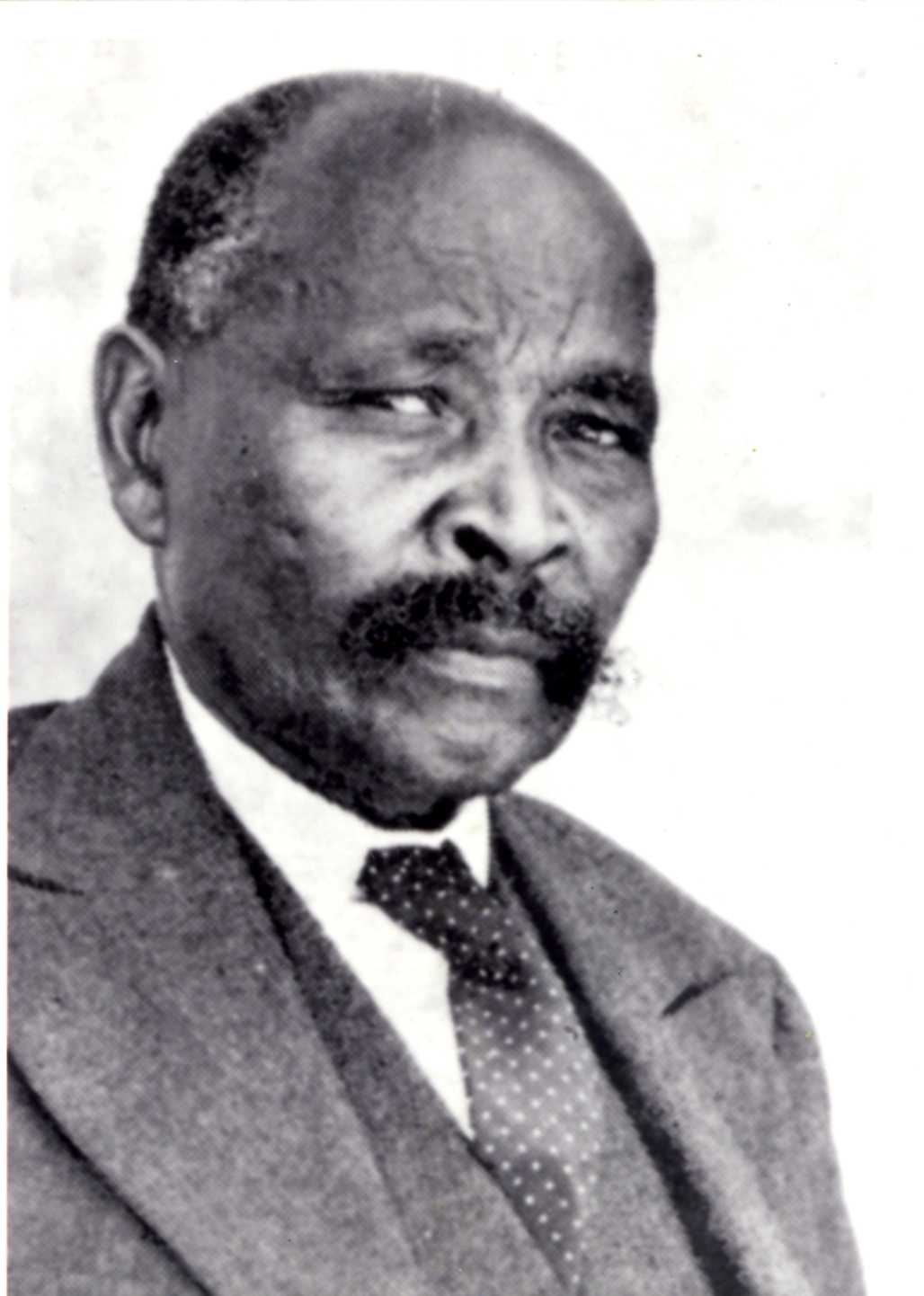
John Langalibalele Dube (born February 11, 1871) South African (Natal) author and minister; first president of the African National Congress (1912) – U Jeqe: Insila ka Shaka / Jeqe, the Bodyservant of King Shaka (1930, first novel in the Zulu language)
Read about John Dube here
Read an excerpt of Dube's 1904 essay "Are Negroes Better Off in Africa?" which compares the situation of blacks in Africa
with those in the United States.
[Missionary Review of the World, Vol. 27, August 1904, pages 583-586]
From a Christian standpoint, the black man of America is highly favored above his African cousin, in that he is born into and is reared and lives in Gospel light -- within reach, at least, of the rudiments of Christian education. ...The black man is in the United States in large numbers, and is probably there to remain and multiply. He was in Africa before any civilized man came there to gather its riches with superior skill and appliances, and he will remain in his native land.
The great problem here is the same which has for some time been forcing itself to the front in most of the missionary fields of the world—the problem of Christian industrialization. This is a great need in missionary work today among heathen and semi-civilised people. Events have projected this matter to the very front in the case of the negroes in both hemispheres. It is believed to be a means indispensable in saving the black man in heart, head. and hand. The New Testament ideal for every saved man is that he be transformed in heart, instructed in mind, and trained to use his hands for good works. This is the need of the black man as of the white. The Son of Man was a workman with heart, mind, and hand, and both His example and teaching were: "To every man his work" (Mark xiii: 34).
Booker T. Washington, son of a slave, sat at General Armstrong’s feet, received industrial training under his eye, imbibed his philanthropic spirit, and went out to start a little school in the great black belt of Alabama. Tuskegee has grown to a great institution, with over a thousand of pupils. Many schools, carrying out the plan of industrial education, have been planted in the South, and this work for the negroes of America has been carried on long enough to show from actual results what Christian industrial education can do for them. The facts speak for themselves, and can not he disputed.
This same kind of educational training is needed for the African Christians. The times and conditions require it. They are intelligent and capable, and such training has been tried among them sufficiently to show its value and possibilities. The South African makes as good and as skillful a tradesman in the various industries as his American cousin. He has not enjoyed many advantages, but he is eager to learn and improve his opportunity. Industrial schools are greatly needed in Africa, to enable the people to make the most of themselves.
The attempts to keep the black man down will not win ultimately. The negroes of both countries are being Christianised and industrialized as never before, and the good work will go on, until the purpose for which God made them is fulfilled.